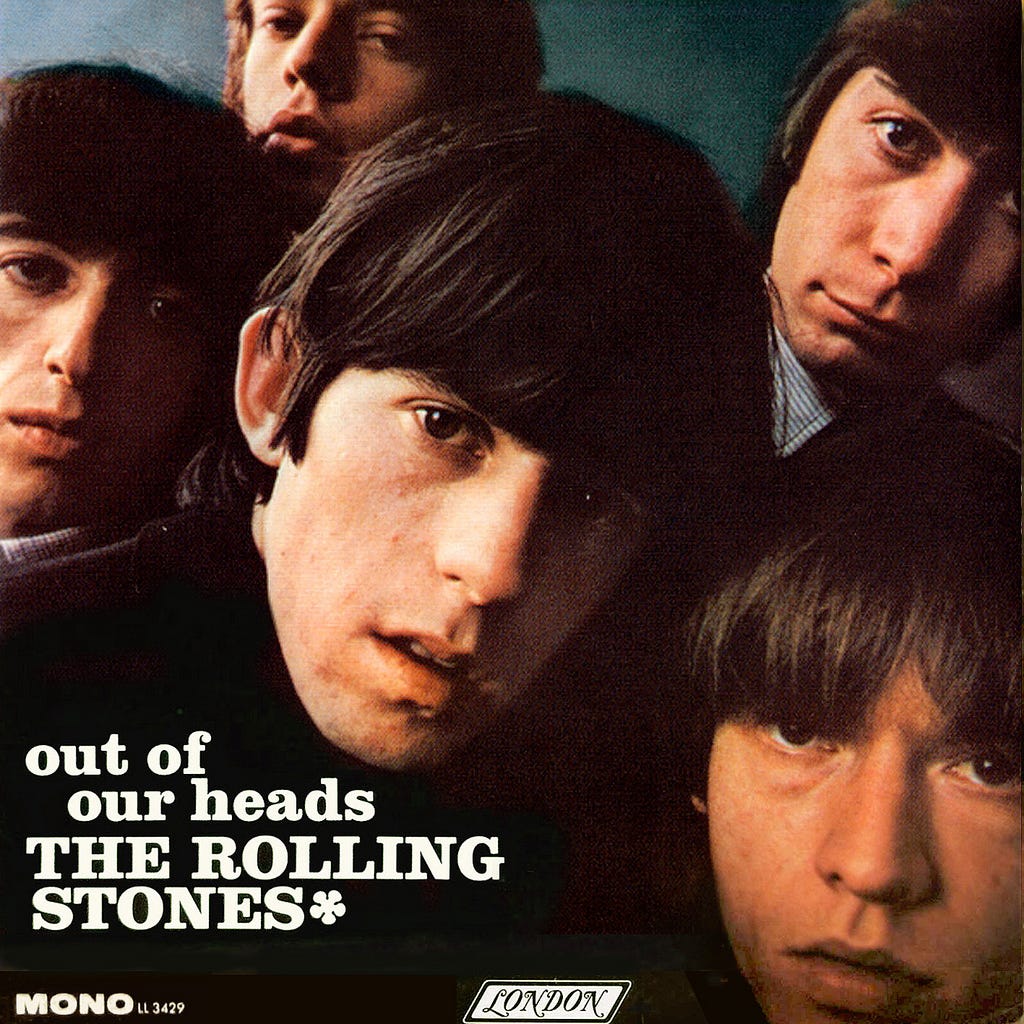

Every time I hear that passage, I get the chills. The Stones’ demonstrate they’ve already mastered the dramatic aspects of music with that slow, steady build leading to that scorching final verse and the sudden disappearance of everyone but Charlie Watts following the final chorus. Jagger’s performance is brilliant, starting out in an almost grimly serious, scolding tone that builds up to the “I’ve had it with your bullshit” vocal in the last verse.

Based on a Staples Singers song, “The Last Time” features the first of many killer opening riffs that characterized Stones hits throughout their career, a relentless beat, a bluesy garage lead solo and solid harmonies on the chorus. On “Mercy, Mercy,” they feel it here they’re going through the motions.įinally we get to an original. Marvin Gaye’s “Hitch Hike” comes next, a rather pedestrian performance at best. You tap your feet to the original you move to The Stones’ version. Covay’s vocal tends to fluctuate and sometimes crosses the line into overdoing it Jagger’s vocal is steady, soulful and in command. Interestingly, they open with two covers, the first being Don Covay’s “Mercy, Mercy.” The Stones’ version features a heavier, boozier background than the more laid-back support in the original. Out of Our Heads marks the beginning of the transition from cover band to something more. Of course, they also wrote some of the greatest rock ‘n’ roll songs ever created, no small achievement in itself. Two of my favorite opening lines of all time are pungent and powerful Jagger-Richards lines: “What a drag it is getting old,” and the all time classic, “You’re the kind of person you meet at certain dismal, dull affairs.” Jagger and Richards called attention to the absurdity of the system and the irony that people were beginning to deal with the system by becoming absurd themselves. While others protested war, modernization, poverty and civil rights, The Stones problematized daily existence, with incisive observations and snarky humor. They showed us that things had become so absurd that people were coping with their neuroses by starring in their own personal dramas, a topic Ray Davies would have fun with in Soap Opera.

Songs like “Get Off My Cloud, “(I Can’t Get No) Satisfaction,” “Mother’s Little Helper” and “19 th Nervous Breakdown” dealt what people experienced every day as they swam in and out of the unconsciousness of the rat race of the “corporate man” period and the disintegration of human relations into sales pitches.

I find that strange, because their great songs about the absurdity of modern life are every bit as good as Ray Davies’ work in that field. The Jagger-Richards songwriting team rarely gets the kudos they deserve, especially in comparison to contemporaries such as Lennon-McCartney and Ray Davies. Still, they really didn’t become The Stones until the Jagger-Richards and Nanker Phelge originals started appearing with more frequency and originality. Later, they would do one of the few covers of Robert Johnson that I actually like (“Love in Vain” on Let It Bleed). They made a few unfortunate choices over the years (“My Girl” is one they should have left in the can, and “Good Times” on this album really doesn’t hit their sweet spot or mine), but they usually picked great songs from the Chess and Atlantic catalogs that played to Jagger’s vocal strengths and the R&B foundation of the band. That’s not to imply they weren’t good from the get-go, because The Stones were a great cover band. I decided to begin my exploration of the Rolling Stones by skipping their first three albums, which consisted largely of cover songs and Jagger-Richards/Nanker Phelge compositions that sounded like cover songs of cover songs.


 0 kommentar(er)
0 kommentar(er)
